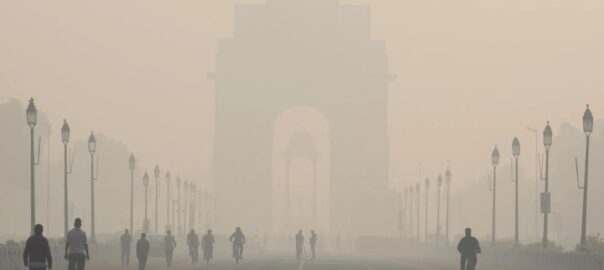Understanding Smog and Its Effects
Smog, a combination of smoke and fog, has become a significant environmental concern in many urban areas. This phenomenon not only compromises air quality but also poses various health risks. Among these risks, the impact of smog on sexual health is gaining attention. Studies have suggested that prolonged exposure to polluted environments can lead to reproductive health issues for both men and women.
How Smog Impacts Sexual Health
Research indicates that smog can affect hormonal balance, which is critical for sexual health. For example, pollutants present in smog can interfere with estrogen and testosterone levels. In men, this may result in reduced sperm quality and libido, while women may experience irregular menstrual cycles and fertility challenges. Furthermore, the stress associated with living in polluted areas can lead to psychological effects, including anxiety and depression, further affecting sexual desire and performance.
Coping Strategies to Mitigate Effects
To cope with the adverse effects of smog on sexual health, individuals can adopt several strategies. First, it is essential to monitor air quality and minimize outdoor activities on days when pollution levels are high. Using air purifiers indoors can significantly improve air quality. Additionally, maintaining a healthy lifestyle, which includes a balanced diet and regular exercise, can help alleviate some of the negative effects of smog. For those experiencing more severe symptoms, consulting a sexologist in Delhi for personalized advice and treatment is recommended.

